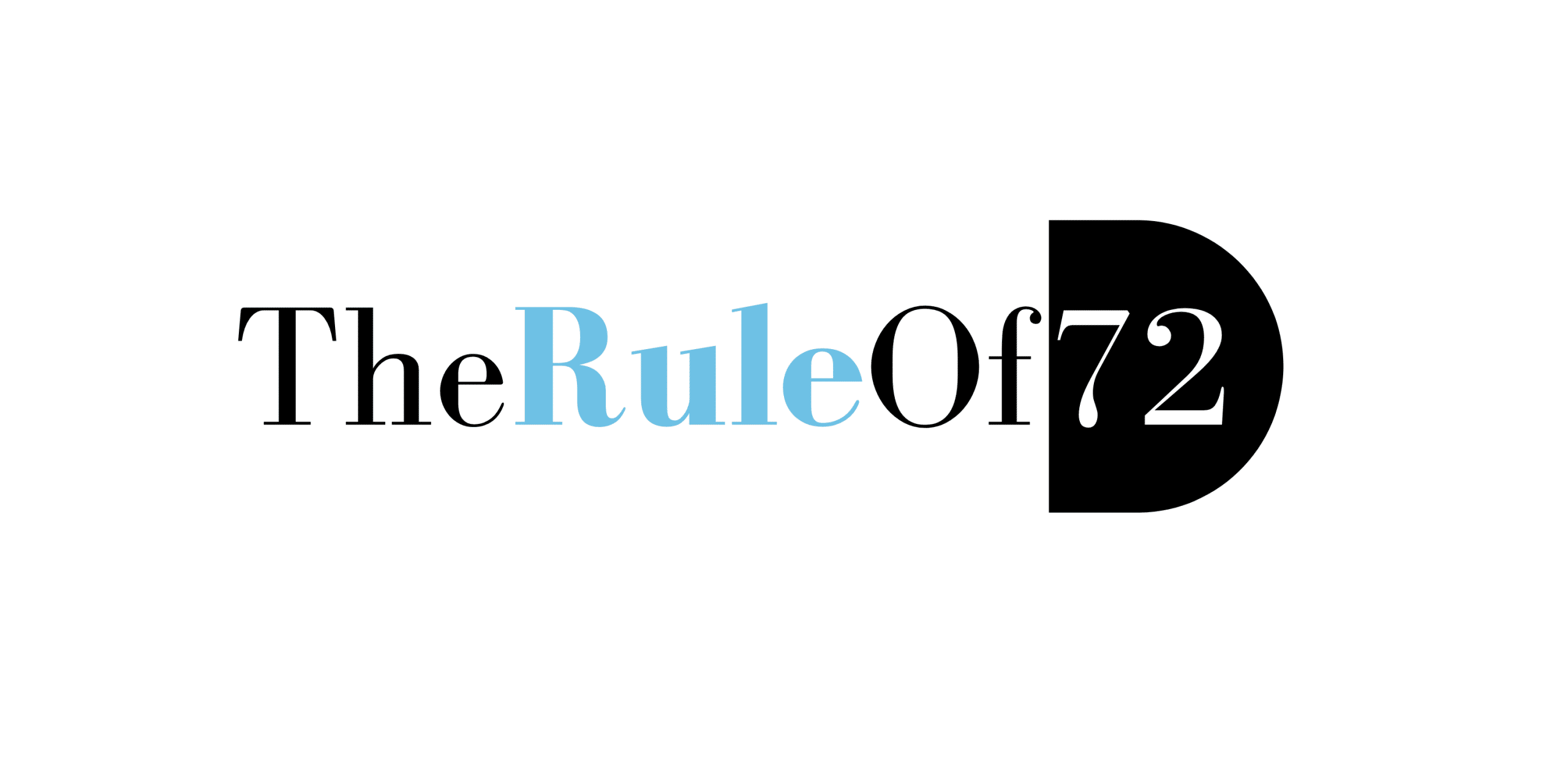Home Health Care and Part C Plans coverage of it

Medicare Advantage plans, also known as Medicare Part C, offer comprehensive healthcare coverage to eligible individuals, often extending beyond what Original Medicare provides. One crucial aspect of this extended coverage is home health care services. In this blog post, we will delve into the specific types of home health care services that Medicare Advantage plans cover. These services are a vital component of healthcare, especially for seniors and individuals with chronic illnesses or disabilities, as it allows them to receive necessary medical treatments in the comfort of their own homes. Understanding what services are covered by Medicare Advantage plans can help beneficiaries make informed decisions about their healthcare options.
What Is Home Health Care?
Home health care services are designed to provide medical treatment, monitoring, and assistance to individuals in their homes. These services are typically administered by skilled healthcare professionals, such as registered nurses, physical therapists, and home health aides. These types of services are a valuable option for those who have difficulty traveling to healthcare facilities regularly or who require ongoing medical supervision.
Eligibility for Home Health Care Services
Medicare Advantage plans follow the same eligibility criteria as Original Medicare for home health care services. To be eligible, beneficiaries must:
1. Be enrolled in a Medicare Advantage plan that offers home health care coverage.
2. Be under the care of a healthcare provider who certifies the need for home health care services.
3. Be homebound, meaning they have difficulty leaving their home without assistance.
4. Require skilled nursing care or therapy services on an intermittent basis.
Types of Home Health Care Services Covered by Medicare Advantage Plans
A. Skilled Nursing Care
Medicare Advantage plans cover skilled nursing care provided by registered nurses (RNs) or licensed practical nurses (LPNs). This includes services such as wound care, medication management, and injections. The frequency and duration of skilled nursing care are determined based on the beneficiary’s specific medical needs.
B. Physical Therapy
Physical therapy is often crucial for individuals recovering from surgery, injury, or managing a chronic condition. Medicare Advantage plans cover physical therapy services provided by licensed physical therapists. These services aim to improve mobility, strength, and overall physical function.
C. Occupational Therapy
Occupational therapy helps individuals regain or enhance their ability to perform everyday tasks, such as dressing, cooking, and bathing. Medicare Advantage plans provide coverage for occupational therapy services when prescribed by a healthcare provider.
D. Speech-Language Pathology Services
Speech therapy is essential for individuals who have speech or swallowing disorders due to medical conditions. Medicare Advantage plans cover speech-language pathology services, including assessment and treatment by certified speech therapists.
E. Medical Social Services
Medical social workers play a vital role in coordinating care, addressing psychosocial needs, and connecting beneficiaries with community resources. Medicare Advantage plans cover medical social services when deemed necessary by the healthcare provider.
F. Home Health Aide Services
Home health aides assist with activities of daily living (ADLs) such as bathing, grooming, and meal preparation. While not all Medicare Advantage plans cover home health aide services, some may include a limited number of hours per week.
G. Medical Equipment and Supplies
Medicare Advantage plans often cover medical equipment and supplies required for home health care, such as wheelchairs, oxygen equipment, and wound dressings. Coverage varies by plan, so beneficiaries should check their plan’s details.
Limitations and Coverage Details
It’s crucial to note that while Medicare Advantage plans cover a range of home health care services, there may be limitations and specific coverage details that beneficiaries should be aware of:
1. Prior Authorization: Some services may require prior authorization from the plan or healthcare provider.
2. Plan Network: Beneficiaries may need to use providers within their plan’s network to receive full coverage.
3. Copayments and Deductibles: Depending on the plan, beneficiaries may be responsible for copayments, coinsurance, or deductibles for home health care services.
4. Plan-specific Rules: Each Medicare Advantage plan can have its own rules regarding coverage, so it’s essential to review the plan’s documentation and speak with a representative to understand the specifics.
Conclusion
In conclusion, Medicare Advantage plans offer comprehensive coverage for a variety of home health care services. These services are essential for individuals who require medical care but prefer to receive it in the comfort of their homes. Beneficiaries should carefully review their plan’s documentation and consult with their healthcare providers to ensure they receive the necessary health care services they need. By understanding the scope of coverage, beneficiaries can make informed decisions about their healthcare options and improve their overall well-being. If you still have questions about the types of services that a Medicare Advantage plan offers, feel free to contact me at your leisure. Once again, thanks for reading and farewell.





